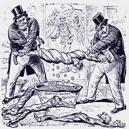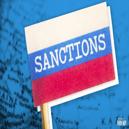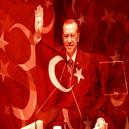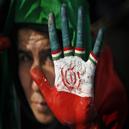Ветеран советской разведки Н.С.Леонов анализирует причины разразившегося на рубеже 1980-1990-х годов общественного кризиса в СССР и его последствия, разоблачает мифы неолиберальных идеологов о нереформируемости советской модели социализма, рассказывает о действительной ситуации в стране и на мировой арене, о значении подрывной деятельности против Советского Союза западных спецслужб. Делится своими мыслями о роли ряда политических деятелей, приводя малоизвестные и не известные читателям факты и высказывания, иллюстрирующие реальную обстановку той поры.
“Perestroika”: a Quarter of a Century after
Veteran of the Soviet foreign intelligence service Nikolai Leonov remembers events, which took place 25 years ago, in the times ofperestroika. The author was not only an eyewitness, but an active participant of these dramatic events. He analyzes the causes and the consquences of the social crisis in the USSR in the end of the 1980s and the begining of the 1990th and disrobes the miths of neoliberal ideologist about the non-possibility to reform the Soviet model of socialism. He explains the truth about the situation in the country and about the disctractive activity of Western intelligence services. N. Leonov discribes the part of the political leaders like Stalin, Khrushchev, Brezhnev, Kosygin, Suslov, Andropov, Kryuchkov, Gorbachev, Yeltsin,Shevardnadze, Yakovlev and others in the Soviet history. He notifies some unknown facts, which illustrate the genuine situation of the period.
 Ранний опыт государственного строительства большевиков и Конституция РСФСР 1918 года
Ранний опыт государственного строительства большевиков и Конституция РСФСР 1918 года
 7
7
 25422
|
Официальные извинения
25422
|
Официальные извинения
 972
972
 105987
|
Становление корпоративизма в современной России. Угрозы и возможности
105987
|
Становление корпоративизма в современной России. Угрозы и возможности
 239
239
 84908
84908










